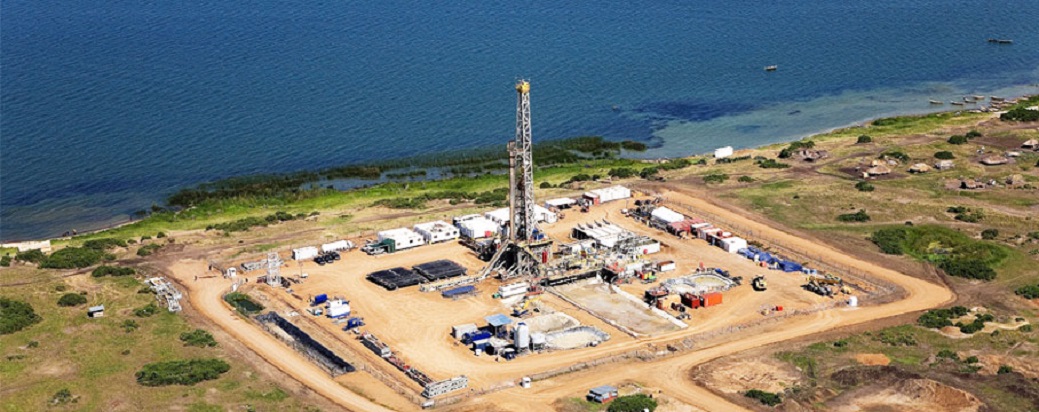Selected business owners receiving business support tutoring from seasoned entrepreneurs.
Today, the National Social Security Fund (NSSF) and Mastercard Foundation have kicked off the second phase of their entrepreneur support programme, Hi-innovator that will see 132,000 new work opportunities for youth and women in Uganda over the next five years.
The Hi-Innovator programme is a two-phase initiative that was officially launched in May 2021. The first phase consisted of self-directed online learning via a platform providing foundational business knowledge to entrepreneurs to enable them to address gaps in their businesses.
The second phase is a six-month business support process where entrepreneurs have an opportunity to receive grant funding, technical assistance, business development and market development support to enable them scale their businesses.
136 businesses in total completed the first phase and 42 were selected to pitch their business ideas to an investment committee consisting of seasoned entrepreneurs in Uganda.
NSSF Deputy Managing Director Patrick Ayota said that Hi-Innovator Programme, an Innovations initiative is aimed at creating an ecosystem where the innovation of Small and Growing Businesses in Uganda can be harnessed and supported to mature into viable businesses, providing a pathway to the creation of work opportunities for women and youth in Uganda.
“The programme focuses on women and youth businesses specifically to tap into the entrepreneurial spirit for which young Ugandans are known for. In partnership with the Mastercard Foundation and support from other partners, we hope to bring new economic opportunities through thousands of work opportunities over the next five years,” he said.
Ayota said that to qualify for grant funding, technical and market development support, the 42 businesses selected, were subjected to a strict criterion that assessed their readiness to expand their operations and potential to create work opportunities.
The businesses were evaluated by seasoned entrepreneurs in Uganda. They assessed their ability to profitably scale if provided with the right technical and financial assistance, potential to create work opportunities for young people and the competency of the management teams over a period of time.
“We also specifically targeted businesses in the agriculture value chain such as agro-processing, agro-industry, and service support. We chose agriculture specifically because the sector employs about 73 percent of the population and has potential to create more jobs for youth and women,” Ayota added.

Speaking at the same event, the Mastercard Foundation Lead Micro, Small and Medium sized enterprises for Uganda, Arnold Byarugaba, said that the Foundation’s vision is to support highly impactful and scalable small and growing businesses to access seed capital and technical support for their businesses while creating a collaborative, sustainable and efficient business ecosystem.
“Congratulations to the entrepreneurs who presented your projects today. We congratulate you on your progress thus far and we are humbled to be part of your growth. For those who were unsuccessful, remember that perseverance is one of the most important qualities on your journey to success. Use the lessons learnt to advance your business ideas,” said Byarugaba.
28 of the businesses that pitched their ideas today, were selected to enter the second phase. Each business will receive grant funding of up to USD 30,000 and will be supported by the project implementing partner, Outbox and other partner incubation hubs in the next six months. These include; Makerere University Innovation and Incubation Centre (MUIIC), MUBS Entrepreneurship Innovation and Incubation Centre, Stanbic Business Incubator, and Shona in the Central Region.
Impact in the Western Region, Stanbic in the Northern region and Uganda Christian University in the Eastern Region are the other incubation hubs.






